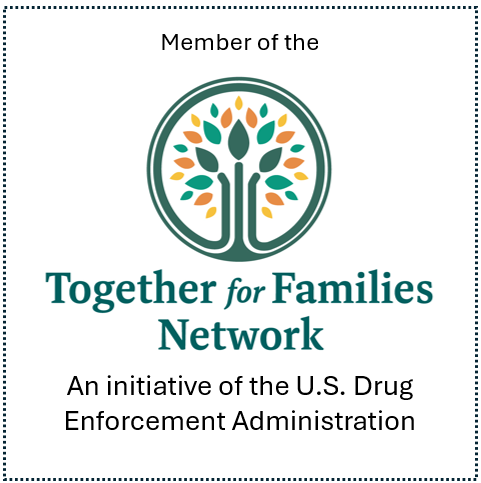Planning for a Successful Intervention
Ask the Experts | Jeff and Debra Jay
My dad is a great guy and has always been a good father. He’s also been a big drinker as far back as I can remember. It never really concerned us much, to be honest, but he’s older now and the drinking is taking him away from us. We can all see it. We’re all worried. I’ve talked with my mom and brother about it, and, together, we asked our dad to cut back. He did for a week or so, but now he drinks like he always did. We read your book, “No More Letting Go,” which helped us understand that alcoholics lose the ability to choose and they push away help. That is exactly what we are living. I love my dad. I want to help him with dignity and respect. What road should we take forward?
A: We’re glad you reached out with this question, because how you choose to help a loved one suffering from addiction is very important. It defines who you are as a family and determines the quality of the journey you take together. It’s not just ambushing someone into accepting help. That approach can end in disaster, even if the addicted person agrees.
Intervention well done should be thought of as a spiritual negotiation that preserves family relationships, is a message of love, is choreographed to get the right kind of results, builds a family team that knows how to support the addicted loved one before, during and after treatment. When done properly, 85% of people agree to get help that day. Most of the other 15% accept help in a few days or weeks.
When intervention is a spiritual negotiation, it’s an experience that brings everyone together and can change the course of a family. Getting sober is only the beginning. Intervention needs to be designed to give families what they are ultimately looking for: happiness.
When talking to your family about intervention, start with a simple question: “Are you willing to learn something new?” Take one step forward but do it together with love for your dad.
Fortunately, our community is proactive when it comes to helping families help themselves. The Family Center has been a leader in setting this goal, and they asked us to speak to the community about this process. Here is the recording of that program: Intervention Planning
Anyone should be prepared and watch this video. We never know when a friend, colleague, or relative might share that they are worried about someone in their life. We all need to be ready with the right answer.
Jeff Jay and Debra Jay, of Grosse Pointe Farms, are the authors of, “Love First, a Family’s Guide to Intervention.” They head a national private practice of interventionists, therapists and recovery mentors. Contact them at 313-882-6921 or through their web site: lovefirst.net. Jeff and Debra are members of The Family Center’s Association of Professionals.






